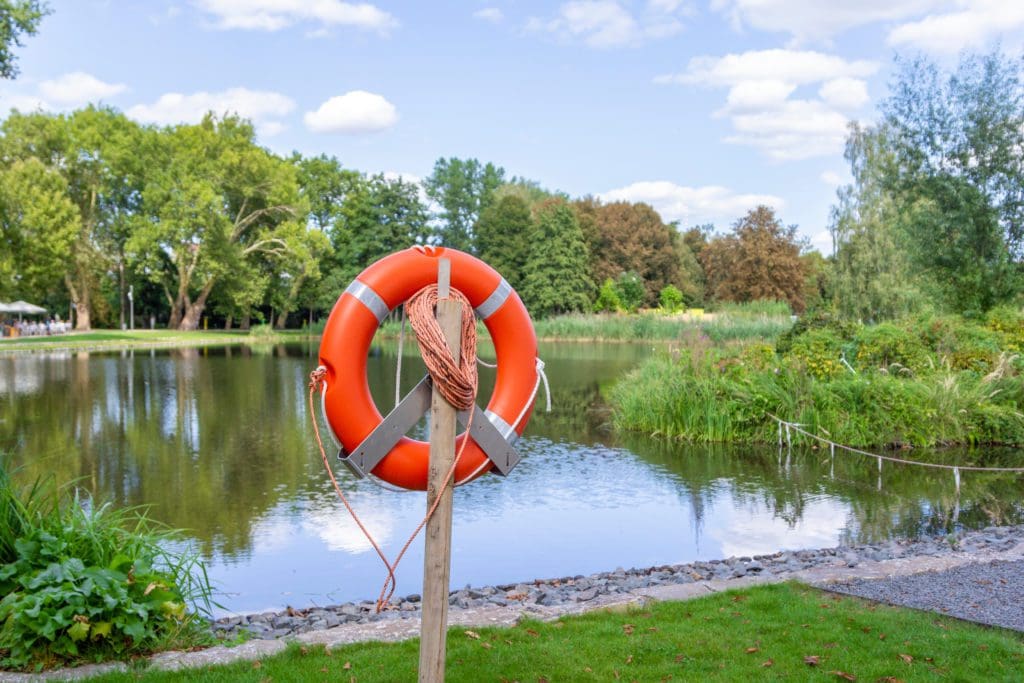Young people in Wales are being urged to remember key safety advice for sea, rivers and other open water after another tragic incident this weekend.
Water Safety Wales is reinforcing its water safety message to young people after the sad death of Zac Thompson, 11, who died after getting into difficulty in the water at Angle in Pembrokeshire on Friday evening (July 1).
He is the third boy aged between 11 and 13 to have drowned in Wales in the last six weeks. Kane Edwards, 13, died after getting into difficulty swimming in the River Tawe on May 24. Aryan Ghoniya, 13, died after getting into difficulty swimming in the River Taff in Cardiff on June 21.
In a call to action Water Safety Wales, a group of around 30 organisations working together to reduce drowning in Wales, is reinforcing four simple lifesaving tips for young people visiting open water:
- Stop and think: Is it a safe place to swim and do you know the dangers?
- Stay together: Always go with someone else
- Float: If you get into trouble in the water, float to live until you feel calm
- Call 999 or 112: If you see someone else in trouble in the water
Chris Cousens Water Safety Wales Chair said: “Everyone connected to Water Safety Wales was deeply saddened to hear of the incident at Angle on Friday and our thoughts and condolences are with the friends and family of Zac Thompson. Our thoughts also remain with the friends and families of Kane Edwards and Aryan Ghoniya.
“We believe that one drowning is one too many and the impact of losing a young person to drowning cannot be underestimated.
“More young people will be visiting the sea, rivers, reservoirs, lakes and other open water locations in the coming weeks as the weather improves and schools break for summer holidays. The water is still cold enough to trigger cold water shock, the body’s natural reaction to cold water which can cause panic and gasping.
“If you get into trouble in the water, resist the natural instinct to panic and Float to Live. Lean back and use your arms and legs to help you float on your back, then get control of your breathing before calling for help or swimming to safety.
“Sea, rivers, lakes and other open water can look calm and inviting, but open water can be very different from a swimming pool. The water is usually moving and waves, currents and flow can make swimming difficult. It is important you know the depth of the water and what may be under the surface.”
There were 49 water-related fatalities in Wales in 2021, including 26 as a result of accidents. The rate of drowning in Wales per head of population is almost double that of the UK as a whole.
Chris Cousens said: “We will reduce drowning if everyone plays their part and Wales’ Drowning Prevention Strategy 2020-2026 aims to enable people living and visiting Wales to be safer in, on and around water by reducing water-related deaths and incidents.
“World Drowning Prevention Day is on July 25 and we encourage everyone to answer the World Health Organisation’s call to ‘do one thing to prevent drowning’ to mark the event.”

